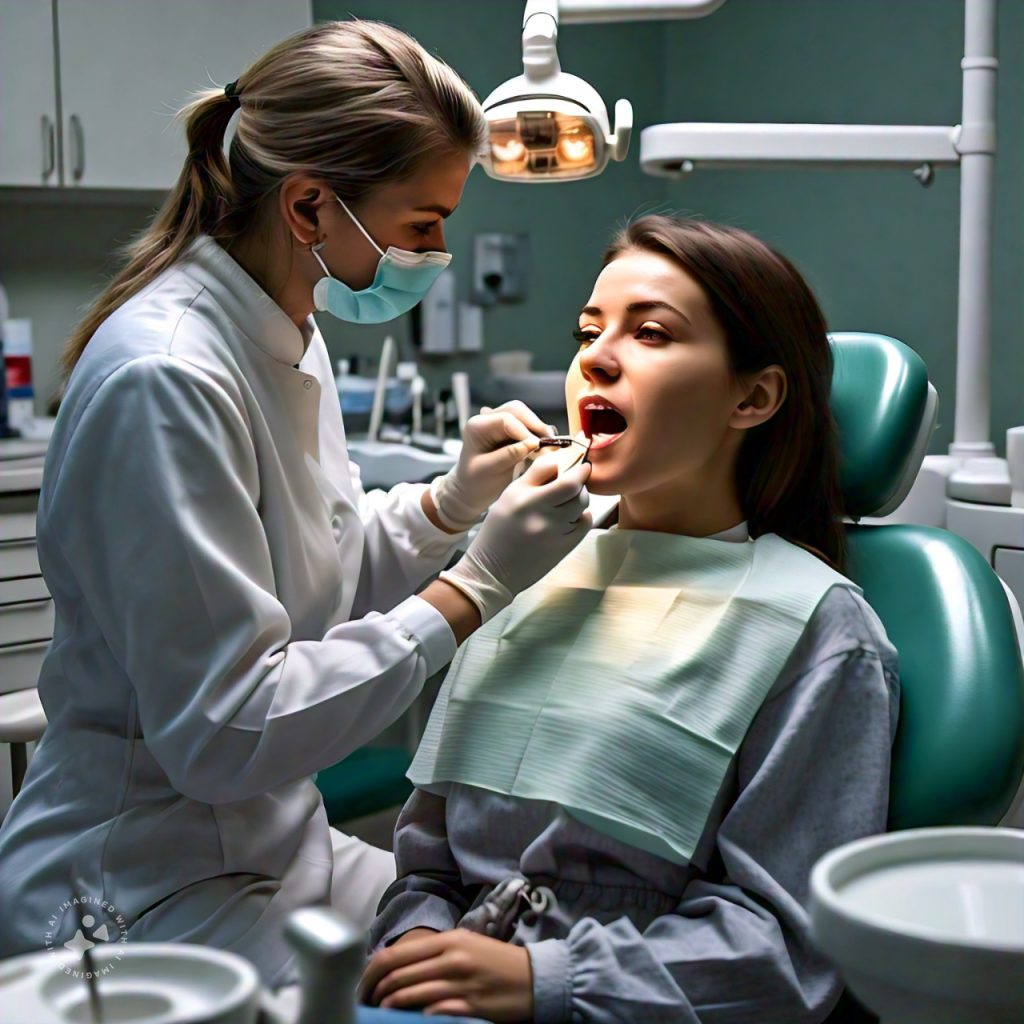The Importance of Oral Health and Hygiene: Tips and Best Practices
Oral health and hygiene are crucial aspects of our overall well-being. Not only do they affect our smile and confidence, but they also have a significant impact on our overall health. In this blog post, we will discuss the importance of oral health, common oral health problems, and provide tips and best practices for maintaining a healthy smile.
Do you know that a healthy smile can boost your confidence and overall well-being? Oral health is a vital aspect of our lives, yet many of us neglect it. In this blog post, we’ll explore the importance of oral health, common issues, and simple tips to keep your teeth and gums healthy.
What is Oral Health?
Oral health refers to the health of our teeth, gums, and mouth. It involves practices such as brushing, flossing, and regular dental check-ups to prevent oral diseases and maintain a healthy smile. Good oral health is essential for our overall well-being, as it affects our ability to eat, speak, and socialize.
Why Oral Health Matters
Oral health affects more than just your teeth and gums. It’s linked to:
- Overall Health: Research shows that gum disease is connected to diabetes, heart disease, and even Alzheimer’s.
- Self-Esteem: A healthy smile can boost your confidence and self-esteem.
- Nutrition: Good oral health helps you enjoy your favorite foods.
Common Oral Health Issues
- Tooth Decay: Bacteria that cause cavities and tooth pain.
- Gum Disease: Inflammation and infection of the gums.
- Bad Breath: Embarrassing and persistent bad breath.
- Yellow Teeth: Discoloration and staining of teeth.
Tips for a Healthy Smile
- Brush and Floss: Brush your teeth twice a day and floss once a day.
- Visit Your Dentist: Regular check-ups and cleanings.
- Eat a Balanced Diet: Limit sugary and acidic foods.
- Avoid Tobacco: Smoking and tobacco products harm oral health.
- Clean Your Tongue: Bacteria can accumulate on your tongue.
Common Oral Health Problems
There are several common oral health problems that can affect anyone. These include:
- Tooth decay: caused by bacteria in the mouth that break down food particles
- Gum disease: caused by bacteria that infect the gums and bone supporting the teeth
- Bad breath: caused by poor oral hygiene, gum disease, or other medical conditions
Best Practices for Oral Hygiene
Maintaining good oral hygiene is crucial for preventing oral health problems. Here are some best practices:
- Brush your teeth at least twice a day with fluoride toothpaste
- Floss once a day to remove food particles and plaque
- Visit your dentist regularly for check-ups and cleanings
- Avoid sugary and acidic foods and drinks
Additional Tips for a Healthy Smile
In addition to regular brushing and flossing, here are some additional tips for maintaining a healthy smile:
- Use a tongue scraper to remove bacteria and freshen breath
- Use mouthwash to kill bacteria and reduce plaque
- Avoid tobacco products, which can lead to oral cancer and gum disease
- Consider using a waterpik to remove plaque and food particles
Why Oral Health Matters
Oral health affects more than just your teeth and gums. It’s linked to:
- Overall Health: Research shows that gum disease is connected to diabetes, heart disease, and even Alzheimer’s.
- Self-Esteem: A healthy smile can boost your confidence and self-esteem.
- Nutrition: Good oral health helps you enjoy your favorite foods.
Common Oral Health Issues
- Tooth Decay: Bacteria that cause cavities and tooth pain.
- Gum Disease: Inflammation and infection of the gums.
- Bad Breath: Embarrassing and persistent bad breath.
- Yellow Teeth: Discoloration and staining of teeth.
Tips for a Healthy Smile
- Brush and Floss: Brush your teeth twice a day and floss once a day.
- Visit Your Dentist: Regular check-ups and cleanings.
- Eat a Balanced Diet: Limit sugary and acidic foods.
- Avoid Tobacco: Smoking and tobacco products harm oral health.
- Clean Your Tongue: Bacteria can accumulate on your tongue.
Frequently Asked Questions about oral health
- Q: How often should I visit my dentist?
A: Visit your dentist every 6 months for a check-up and cleaning. - Q: What is the best way to whiten my teeth?
A: Consult your dentist for professional teeth whitening options. - Q: Can I use a mouthwash to replace brushing and flossing?
A: No, mouthwash is a supplement, not a replacement for brushing and flossing. - Q: How can I prevent bad breath?
A: Brush and floss regularly, clean your tongue, and visit your dentist. - Q: Are electric toothbrushes better than manual toothbrushes?
A: Both are effective, but electric toothbrushes can be more efficient.


